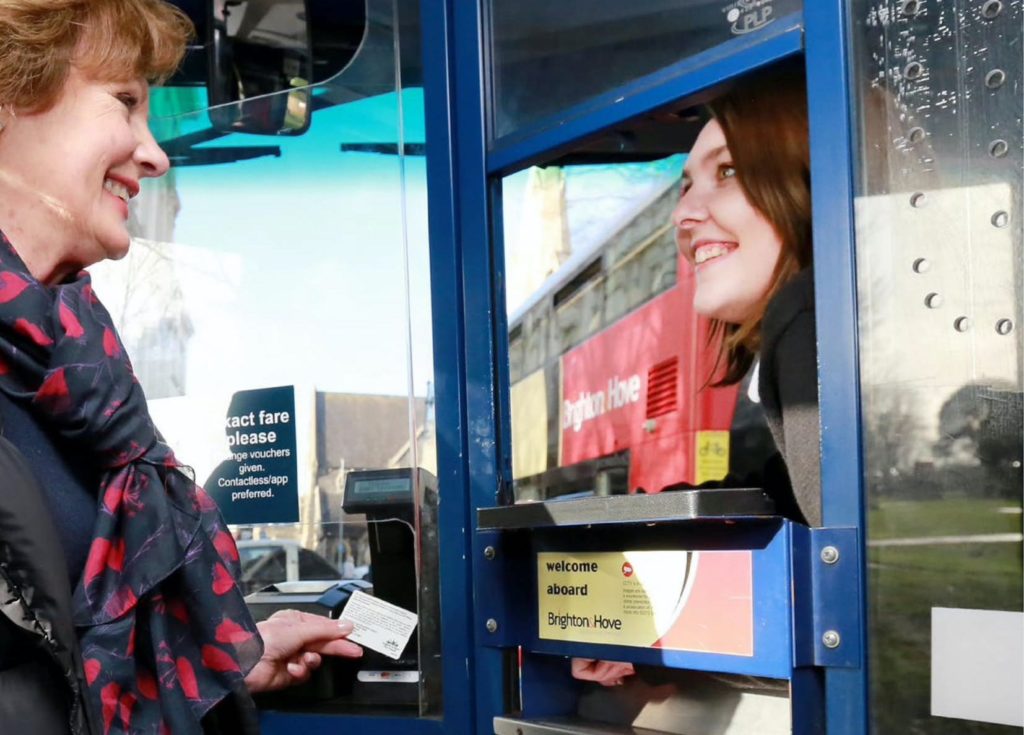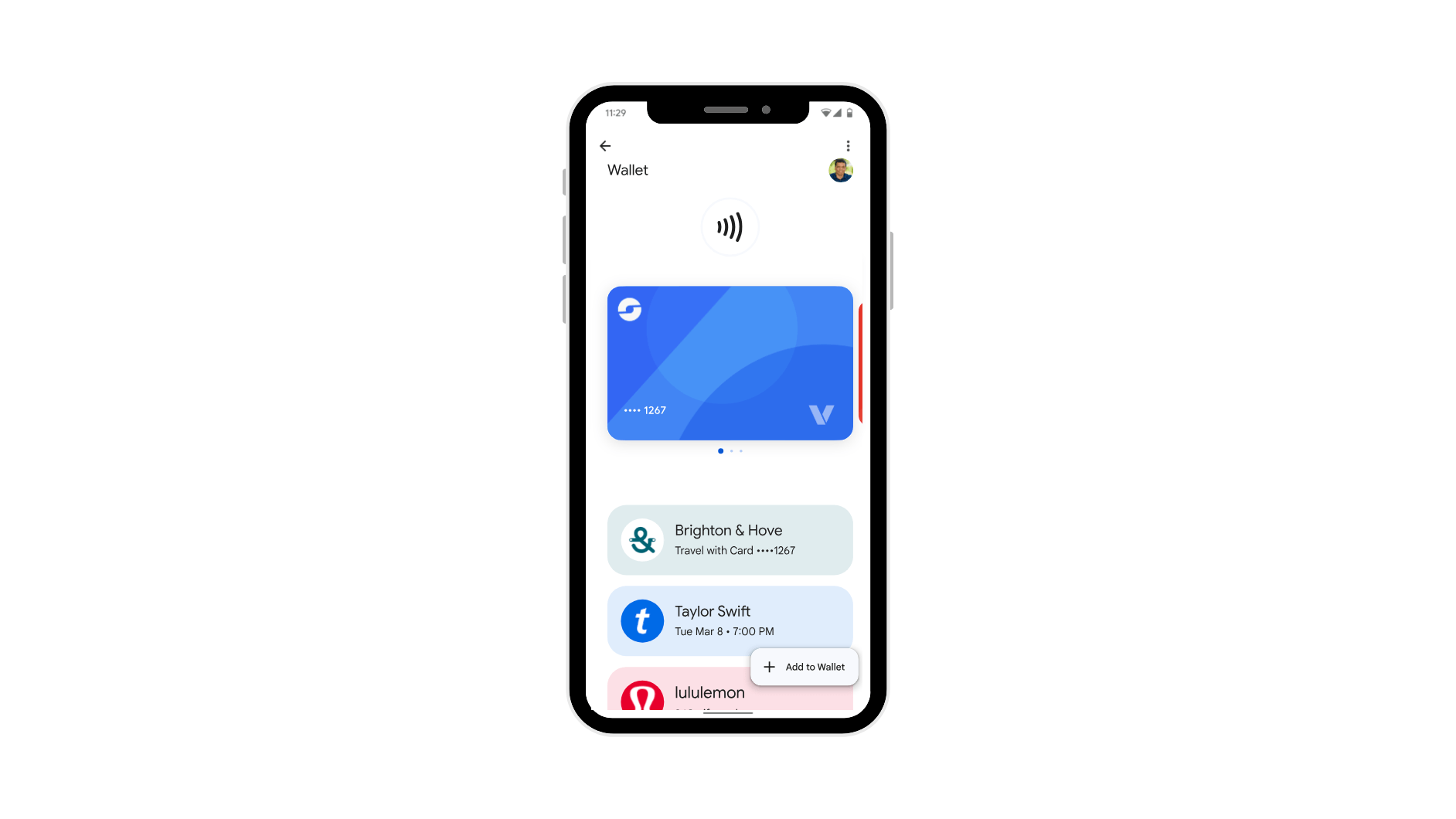Multi-operator contactless payments central to UK government’s new bus strategy
by Andreea

The UK Department of Transport yesterday unveiled “Bus, Back, Better”, its national bus strategy for England. A £3 billion investment is earmarked to achieve its goals of more frequent, reliable, easier to use and understand, better coordinated and cheaper bus services. We look at why multi-operator contactless payments will pay a central role.
A modernised approach to ticketing and payments is central to the changes, which include:
- The acceptance of contactless payments on all buses
- Simple, best-value bus fares with daily price caps
- Integrated ticketing across operators and transport modes
The strategy leverages the benefits of contactless payments for public transport operators and the passengers and communities they serve. Simple, flat fares with fare caps give passengers reassurance they will always be charged the cheapest fare for the journeys they take.

Littlepay has been at the heart of a rapid adoption of contactless payments on public transport in the UK, bringing tap-to-pay to over 200 operators and 20,000 vehicles – two thirds of regional buses. In 2019, the transit-focused payment gateway introduced multi-operator capping. Its first use-case in Brighton was a huge success, driving a 31% increase in contactless bank card transactions and a 13% reduction in cash within nine weeks of launch.
Amin Shayan, CEO of Littlepay, said,
“Fare capping technology is already here in the UK, but it is great to see stronger support for a joined-up approach, with multi-operator and multi-modal schemes emerging. Passengers want to travel seamlessly using public transport, bike shares, ride shares – whatever form of mobility makes their journey easy and comfortable. Overriding fare caps across operators and transit modes will be an important step.
We at Littlepay are pleased to see the UK bus industry getting greater recognition. The strategy highlights the importance of a functioning bus network to the fabric of UK society. It’s only when people that don’t need to take a bus, choose to take a bus that the industry succeeds. This report appears to be a great first step to achieving that aim.”
Trending Topics

Project Highlights: Washington DC’s record breaking upgrade to accept open loop payments

Nevada County Connects leverages Cal-ITP’s Mobility Marketplace to elevate the payment experience across its bus network

 Insight
Insight
 Knowledge
Knowledge
 News
News
